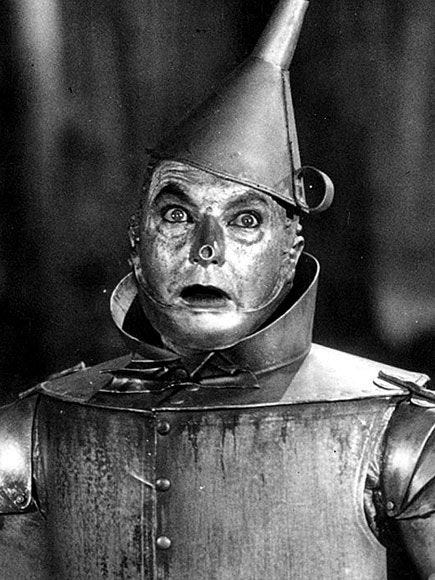What Is OCPD and Do I Need to Worry About Explaining It Perfectly?
An imperfect explanation.
The Frontier Psychiatrists is a newsletter written by Owen Scott Muir, M.D. Much of the continent is humorous or satirical, but this piece is not. It's straight-up explanatory. Obsessive-compulsive personality disorder (OCPD) and obsessive-compulsive disorder (OCD) are related but distinct conditions. The point of this article isn't to go through every criterion in the DSM-5; it's to give people a sense of how I understand OCPD causes suffering.
OCPD is characterized by rigidity and inflexibility in interpersonal relationships, often accompanied by extreme frugality. This is a “miserly spending style” in the diagnostic manual. The degree to which these individuals cannot spend money, even on themselves, is high. It is painful for them. It is painful to watch. I've had people with tens of millions of dollars tell me they can't possibly spend any of it, even on medical care. They may have nothing else to spend it on. They know this makes no sense, but they can not do otherwise.
People with OCPD struggle to delegate tasks due to the fear of being done incorrectly. Again, this causes pain. This is disabling in the form of micromanagement. It creates friction and gets in the way of getting things done.
Imagine perfectionism that is also utterly pointless— and they will know it! Distress is associated with things not being done just the right way. The best understanding I have is a comparison with a neurological condition.
In synesthesia, colors can be experienced as sounds, sounds as touch, and onward. There are “wires crossed” in the sensory cortex so that one sensation is registered as another.
We accept this as a brain disorder. In obsessive-compulsive personality disorder, the wiring for emotional pain and the wiring for getting things done imperfectly get crossed. The pain and distress are real to those suffering and confusing to those watching. Why can't you just…!
OCPD suffers can’t just. Anything.
This pattern of inflexibility results in problems at home, work, or within families as these individuals cannot settle for 'good enough' even when it would be better.
Alongside these issues come associated challenges like moral scrupulosity; they can't tolerate perceived moral failings in others - even minor ones can cause fights. Confusion arises related to the inability of others to understand the experience of the person with OCPD. None of us like littering, but not all suffer tremendously when we see littering. For people with OCPD, even litter might excruciatingly violate their moral code. And they are left unable to understand why others can let it go.
Both parties experience frustration: the person with OCPD feels that no one does things well enough, while others struggle under their unattainable rules. The lack of flexibility forms a core of OCPD's suffering. It is hard never to be able to drop it. It is hard not to have anyone else understand why!
Unlike OCD, which involves intrusive thoughts and rituals performed to alleviate anxiety from these thoughts – like avoiding stepping on cracks out of illogical fear for a loved one's safety – people with OCPD don't necessarily get the relief. When people with OCD do a ritual, they get a few seconds of relief. OCPD sufferers are not afforded this opportunity. I suspect there is a shared neural basis for both.
Imagine getting a punch in the gut every time something is not perfect that no one else can see? You might have a little sense of what it's like for someone with OCPD.
We don't have great treatments, limited research, and less empathy than we need. OCPD causes suffering. I hope this article helps people better understand what our fellow humans go through. I can tolerate the fact that it's not perfect writing. I can click publish anyway. Someone with OCPD could not.


